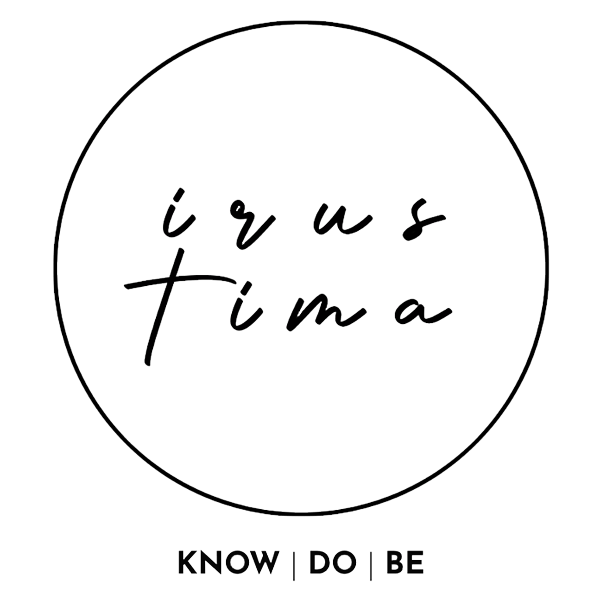
05 Nov Big 4 Life Questions & No Right Answers
In the pursuit of deadlines, targets, and aspirations, whatever these may be for each of us, we at times are flummoxed with the outcome, as much as we are delighted at other times. Amidst this intricate seesaw of joy and despair, there are four overarching questions, answers to which may perhaps unveil the potential our ‘life’ holds. Science, Spirituality, and Religion have admirably addressed these questions, each through its distinct perspective. Regardless of the perspective we prefer, the clarity that emanates from these answers may promise to be our unique guiding light for our journey called ‘life’. Let’s explore these questions.
- Who am I?
- Where did I come from?
- Where am I going?
- How do I figure this out?
Who Am I?
First up, we’ve got the age-old question of “Who Am I?” It’s all about understanding your very essence, identity, and purpose.
- Science: Science tends to investigate the question through the lens of neurobiology, psychology, and anthropology. It seeks to understand the self as a product of evolutionary processes, neurological functions, and psychological experiences. While science offers valuable insights into the physical and cognitive aspects of identity, it often stops short of addressing the deeper metaphysical or existential aspects of the self.
- Spirituality: Spirituality takes a more holistic and introspective approach. It acknowledges the interconnectedness of all life and emphasizes the inner journey to self-discovery. Practices such as meditation and mindfulness are commonly used to explore the question “Who Am I?” in a spiritual context. Spirituality often transcends the boundaries of organized religion and encourages individuals to seek a personal connection with a higher or transcendent reality.
- Religion: Religion, on the other hand, typically offers specific beliefs and doctrines regarding the nature of the self. Different religious traditions provide varying interpretations of the self’s origin, purpose, and destiny. For example, in Christianity, the self is considered a creation of God and is meant to have a relationship with the divine. In the Vedas, the ancient scriptures of Hinduism, this query is explored in depth. The Vedas contemplate the nature of the self or “Atman” (soul) and emphasize the interconnectedness of all living beings with the universal consciousness or “Brahmand” (the singularity).
From an individualistic perspective, the question “Who Am I?” invites the exploration of personal identity and self-awareness. It prompts a deep and introspective journey into understanding one’s unique essence, beliefs, values, and experiences. Answering this question is not a static process but a dynamic, lifelong endeavor. It involves embracing the complexity of one’s multifaceted identity, shaped by cultural, social, and personal influences. It’s about recognizing the roles we play in various aspects of life—our relationships, careers, and communities—and how these roles interact with our innermost thoughts and feelings.
Where did I come from?
Next up, we’ve got the origin story with “Where did I come from?” This one’s all about digging into your personal history and your place in the universe.
- Science: Science explores the question of origins through the framework of cosmology, evolutionary biology, and astrophysics. It seeks to understand the origins of the universe, the Earth, and life itself through empirical evidence and the scientific method. The prevailing scientific consensus suggests that the universe originated with the Big Bang, and life on Earth evolved over billions of years through natural processes. Scientific inquiry into the question of “Where did I come from?” focuses on the natural, observable world and relies on evidence-based explanations.
- Spirituality: Spirituality offers a more metaphysical approach to the question of origin. It often involves contemplating the idea of a universal consciousness or a higher power from which all life emanates. Various spiritual traditions propose that individuals are eternal souls temporarily residing in physical bodies. The question of origin is intimately tied to the idea of a spiritual journey where the ultimate goal may be reunion with a divine source or realization of one’s true spiritual nature.
- Religion: Religious beliefs offer diverse explanations regarding the origin of individuals. In monotheistic traditions such as Christianity, Islam, and Judaism, humans are believed to be creations of a divine being (God) with a unique purpose. In contrast, polytheistic religions like in Hinduism, various creation myths describe the emergence of life from the cosmic order. Religions often offer moral and ethical guidelines based on these creation stories and the belief in a divine purpose for human existence.
From an individual perspective, one’s own birth and family lineage provide a tangible connection to the question “Where did I come from?” Our personal history is intertwined with the histories of our parents, grandparents, and ancestors. Understanding one’s family lineage offers insight into the cultural, genetic, and geographical influences that have shaped one’s identity. It is a way to connect with one’s roots and heritage, recognizing the stories and experiences of those who came before us.
Where am I going?
Now, let’s fast-forward to “Where am I going?” – the big question about your future, goals, and purpose.
- Science: From a scientific perspective, the question “Where am I going?” often involves setting and achieving personal goals, understanding the impact of one’s choices on their future, and planning for various aspects of life, including career, health, and relationships. Science provides tools for assessing probabilities and potential outcomes based on data and analysis, helping individuals make informed decisions about their future.
- Spirituality: Spirituality delves into the inner journey and seeks to discover a higher purpose or meaning in life. It often emphasizes the interconnectedness of all living beings and the quest for self-realization. Spiritual practices like meditation, mindfulness, and self-reflection are used to explore the question of “Where am I going?” by aligning one’s life with deeper spiritual principles and values. It’s a path of self-discovery and understanding one’s role in the grand tapestry of existence.
- Religion: Religious perspectives offer a structured framework for understanding one’s purpose and destination. Each religion provides a unique set of beliefs and teachings that guide individuals in their spiritual journey. In Christianity, for example, the ultimate destination is often heaven or salvation through faith and good deeds. In Buddhism, it is the pursuit of enlightenment and liberation from suffering. In Hinduism, there are concepts of ‘Dharma, Karma, Kama, Moksha’ for the path of life. Religions typically provide a moral and ethical compass to navigate life’s journey.
From an individual perspective, contemplating “Where am I going?” involves setting personal goals, aspirations, and defining one’s life’s purpose. It often includes considerations of one’s career, relationships, personal development, and contributions to society. It’s an alignment of actions with core beliefs. Self-reflection and introspection play a crucial role in understanding one’s unique path and destination in life.
How do I figure this out?
Last but not least, we’ve got “How do I figure this out?” – the ultimate question of navigating life’s twists and turns.
- Science: Science offers a systematic and empirical approach to problem-solving and understanding the world. It encourages critical thinking, data analysis, and experimentation to arrive at rational conclusions. Scientific methodologies provide tools for investigating the physical and natural world, helping individuals figure out a wide range of issues, from scientific inquiries to everyday practical problems.
- Spirituality: Spirituality emphasizes intuition, inner wisdom, and a connection to a higher consciousness. It encourages individuals to look within themselves for guidance and to develop a deeper understanding of their inner selves. Practices such as meditation, prayer, and mindfulness are often used to access this inner wisdom and clarity when facing life’s challenges. Spirituality suggests that answers can be found by aligning oneself with a higher source of knowledge or inner guidance.
- Religion: Religious traditions provide moral and ethical guidelines that help individuals make choices and figure out life’s dilemmas in accordance with their faith. Scriptures and religious teachings offer wisdom, principles, and rituals to address complex moral, ethical, and existential questions. They provide a framework for decision-making based on religious doctrine and values.
From an individual perspective, the question “How do I figure this out?” is a call for personal reflection and problem-solving. It involves drawing upon one’s knowledge, experience, and values to make informed decisions. Individuals may seek guidance from mentors, counselors, or trusted sources, but ultimately, they must evaluate the options and make choices aligned with their personal identity and principles.
—
So there they are – the Big Four Life Questions. We can explore them through science, spirituality, religion, or just by doing some soul-searching on your own. There’s no right or wrong way to do it, just our unique journey with a start and an end. Let’s get sorting and make the most of the adventure called life!
Image note: This photograph was taken on a moonless night at Nagzira Wildlife Sanctuary. The sky was crystal clear, devoid of any clouds, and my son decided to capture the mesmerising starry night. Initially, the images turned out very dark, and he struggled to do justice to the beautiful shot. To overcome the dark challenge, we adjusted the camera settings on the mobile phone to manual, shutter speed 15 seconds, full aperture, and ISO 800. The result was a stunning shot, although it made the night sky appear brighter than it actually was. Interestingly, the eucalyptus tree, which we could only smell at the time, made its presence felt in the photograph.
If you liked this post, then you may consider reading Elements of a Fulfilling Life, The Role of Maya and The General Theory on Fitness.



No Comments